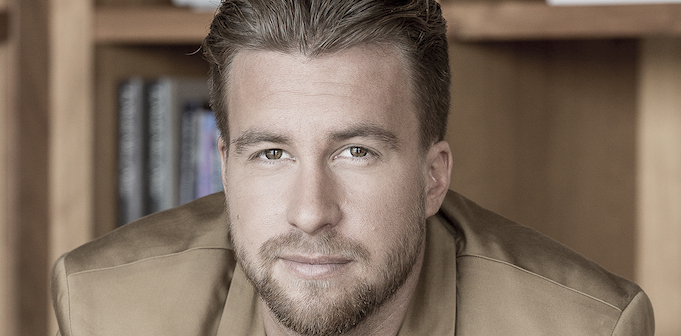Jack Delosa on “other people’s rules” and the timeless ingredient of greatness – StartupSmart

“To confide in one’s self, and become something of worth and value is the best and safest course.” – Michelangelo
Many of the greats such as Michelangelo exhibit a strong independence of thought that enables them – in fact urges them – to follow their own instincts. The origins of their independence arguably lie in their innate realisation that the world is predominantly made up of Other People’s Rules (OPRs) – that is, widely accepted constructs that are perceived as reality.
You might have come into contact with some of these yourself: You must try to avoid making mistakes at all costs. To try at something and to fail is a bad thing. Your success in life will be determined by your formal qualifications. Your past predicts your future. Life is safest when you don’t take risks.
It is wise to follow the beaten path. If enough people think it, it must be true. Good things come to those who wait. It takes money to make money. You need permission. Don’t ask the obvious questions; people will think you’re unintelligent. People who achieve great things do so because they are naturally gifted.
Psychology calls the influence of OPRs ‘social constructionism’ – where beliefs are jointly developed and regarded as absolute truths, when at best they are simply commonly held assumptions. In her paper ‘The Social Construction of Leadership’, Gail T. Fairhurst states that people “make their social and cultural worlds at the same time these worlds make them”.
In other words, the constructs that societies adopt are often not a reflection of reality but rather create our reality, and therefore form the limits in which we live. While OPRs may make up the architecture of other people’s lives, they do not need to influence yours. Michelangelo wisely said: “To confide in one’s self, and become something of worth and value is the best and safest course”.
Doing something truly unique in life and business requires you to challenge widely accepted wisdom. In his book Wisdom, Stephen Hall points out that, “in a profound sense, the figures now celebrated for their wisdom often had an adversarial relationship with the prevailing values of the society in which they lived”.
Greatness tends to come with a distinct sense of rebellion. The Michelangelos of this world told society what it was not yet ready to hear, and this was both their strength and the source of the friction they experienced throughout their lives.
Identifying OPRs in our own life starts with us asking ourselves where do commonly held paradigms not equal my truth?
It’s not about ‘right or wrong’ or ‘whose truth is best’ – quite the opposite. It’s about finding our own truth and allowing others to do the same. Understanding that each person has their own view of the world is one of the key steps towards being less judgemental and more accepting of each other’s uniqueness.
It is about realising that there are very few absolutes in life and that everyone has their own unique rule book to living a life fulfilled. Is it good for you? Is it good for others? Is it good for the planet? If the answer to each of these questions is ‘yes’, then you have the right, and in fact the obligation, to stand in your truth.
This article was first published on SmartCompany.
Jack Delosa is the founder and chief executive of The Entourage and author of UnProfessional. This is an edited extract from his latest book, Unwritten.
Follow StartupSmart on Facebook, Twitter,LinkedIn and SoundCloud.

